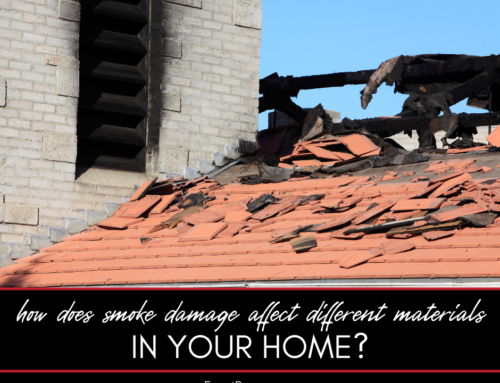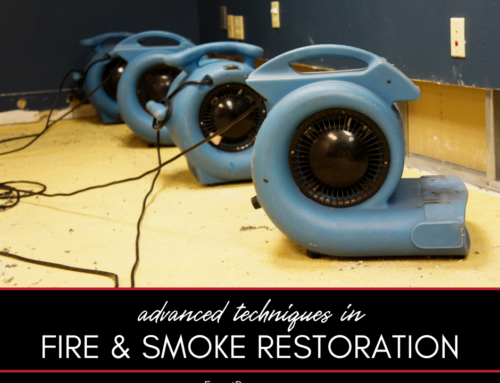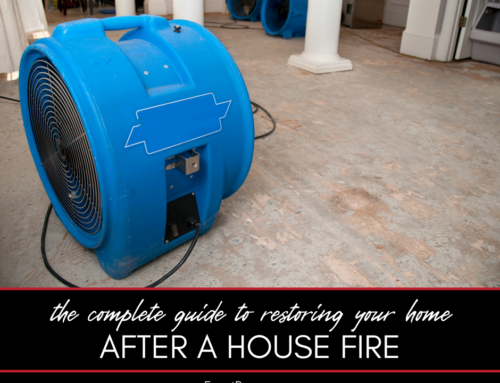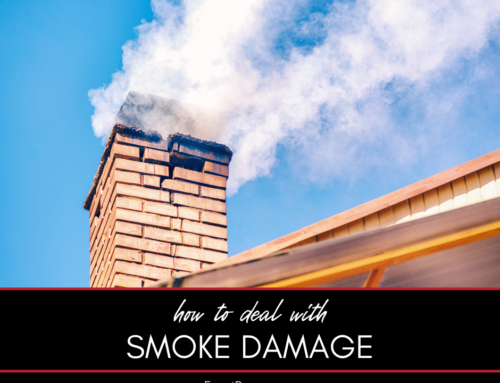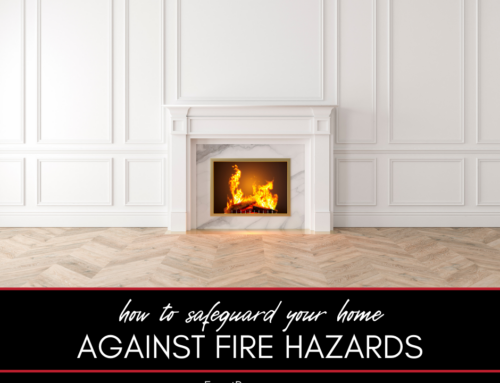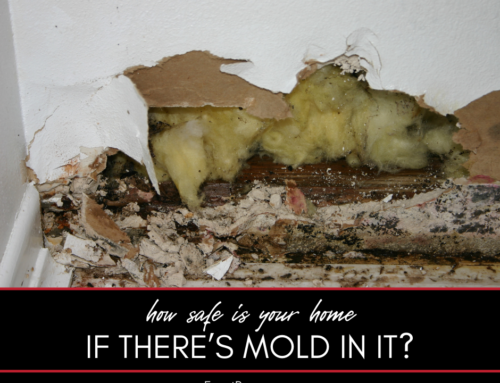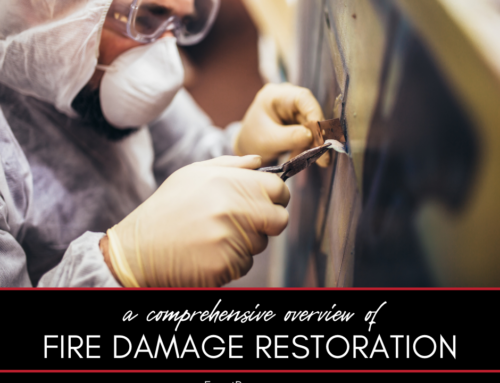Approximately 47,000 home fires that occurred in the U.S. each year from 2015 to 2019 involved electrical malfunction or failure, according to the National Fire Protection Association (NFPA). Avoid these five common causes of home electrical fires.
Outdated Electrical Outlets
In older homes the prevalence of undergrounded outlets—outlets that have only two vertical slits—is very high and they’re a leading cause of electrical fires across the nation. If you still have these outlets inside of your home it’s best to have them replaced. Besides, their compatibility with modern appliances is rare.
Aged Wiring
Wires that are damaged, frayed, or making poor contacts can sometimes go unnoticed. If the wiring in your home is 10 or more years old, it’s wise to have it inspected for safety.
Using Incorrect Wattages in Light Fixtures
Light fixtures are made to handle a specified energy load, and so they require specific bulb wattages. If you use an 80-watt bulb in a light fixture that’s made to handle 40 watts, you can cause the light bulb to overheat, and also melt the light socket and wire insulation. This can cause your electricity to arc and possibly start a fire.
Misusing Extension Cords and Power Strips
An extension cord is meant to be used temporarily. Once you’ve completed an intended task you should unplug your appliance from the chord because it doesn’t have the safety mechanisms and durability of a traditional outlet, and may eventually result in overheating and even an electrical fire. Also, you should avoid using a power strip in order to plug in an additional power strip or an extension cord. That can create a major imbalance within a circuit, and can start a fire.
Older Appliances and Equipment
Antiques can be appreciated for their history and value. Many antique appliances and equipment, however, were made in an era when electricity was managed much differently, and so it’s very unlikely that these items possess the safety mechanisms of their modern equivalents.
Do You Need a Disaster Remediation Expert in Washtenaw County or Jackson County?
If your home has already been damaged, we can help. Check out our services and call Exact Recon for your free disaster remediation quote today. We offer:



